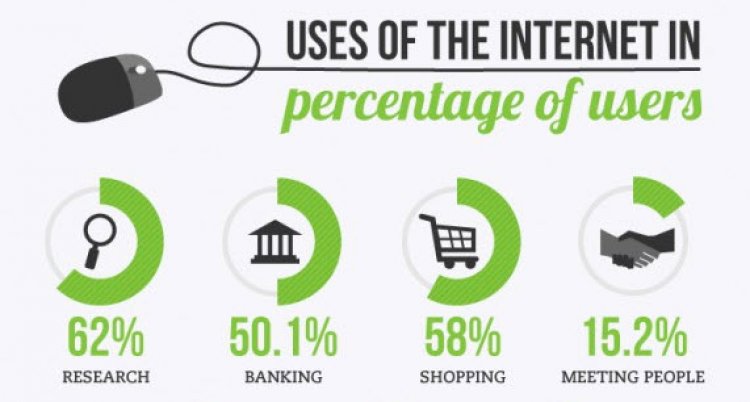Why have a website when there's Facebook and Twitter?
There's no question that social media can benefit your business, but you don't own these services. What happens when Facebook makes a change and limits file and video sizes, or decides to suspend your account? With social media, there's always the chance that your users will be exposed to ads from your competitors. Your website is your digital property. You have the ability to offer or restrict content as you see fit. And while it's hard to believe, not everyone is on Facebook!
It's what sets you apart.
Your website is the perfect tool to help highlight the areas where you excel as compared to your competition, helping your prospective customers in making informed decisions.
Keep your customers in the loop!
Your website is open 24 hours a day, 7 days a week. Having the ability to update content anytime will keep your current and potential clients or customers in the loop. Try doing that with a phone book ad.
It's where you can blog.
Everyone from Fortune 500 companies to mom-and-pop shops are utilizing blogging to increase their digital presence and inevitably increase their bottom line. If your business’s website does not have a blog (or “learning center”) that is updated on a regular basis, you're missing out on a huge opportunity to increase your company’s visibility and therefore increase your digital reach, your potential client base and your bottom line.
Your website facilitates conversions.
It's ultimately your website's responsibility to convert traffic into leads or sales. This is where a website-first marketing strategy becomes critical. A website that enhances your brand, builds value in your product or service, and connects with visitors by providing them with relevant and useful content will facilitate conversions, and make your overall marketing strategy more effective.
Keep in mind, however, that missing one of these key elements can have a detrimental impact on your website's ability to convert. The most effective calls-to-action and enticing incentives will not overcome the negative effects of a poorly developed website, or a site with lackluster content that fails to connect with your target audience.

